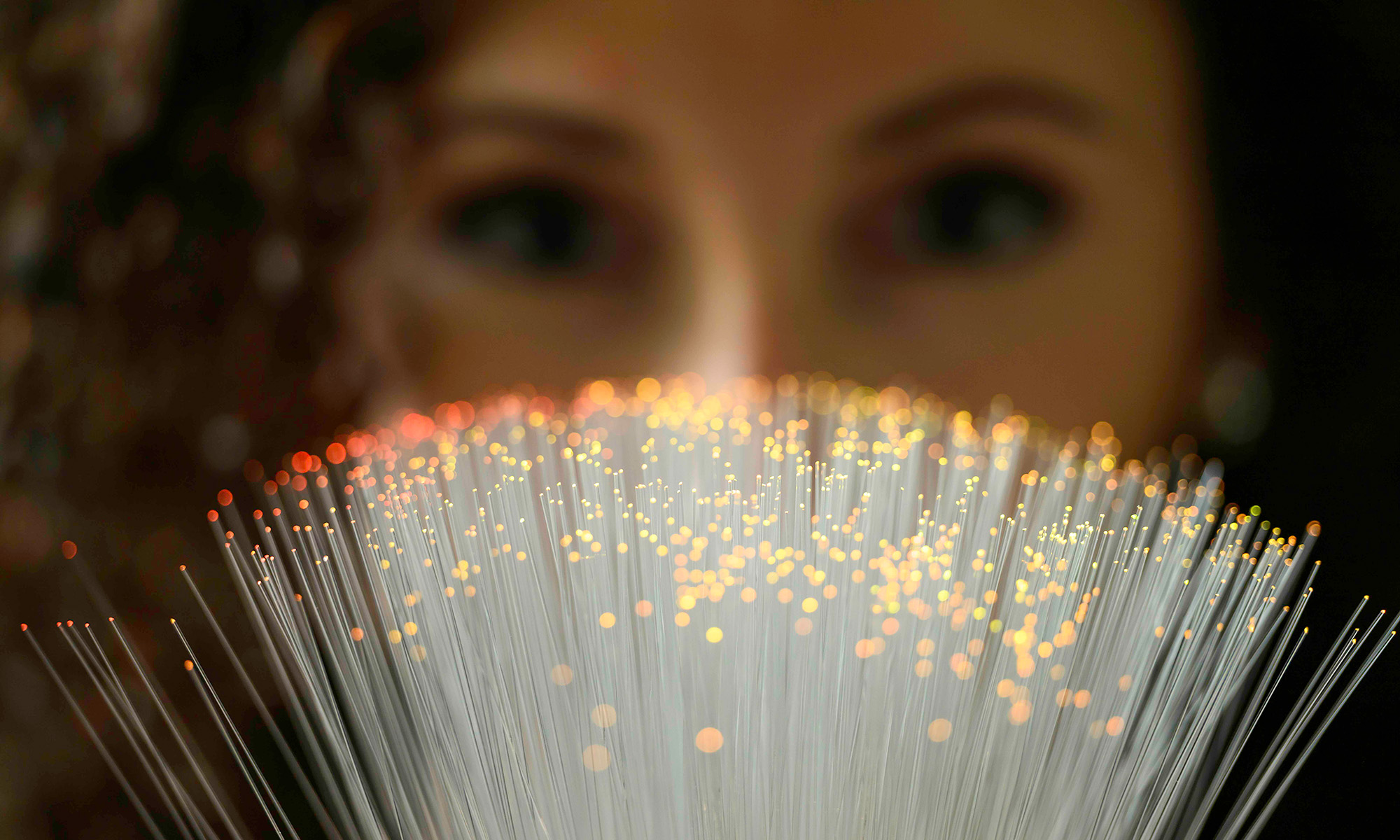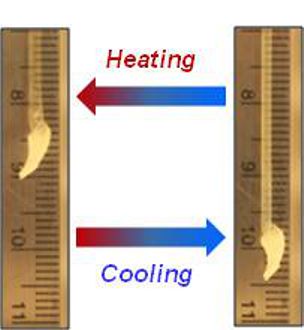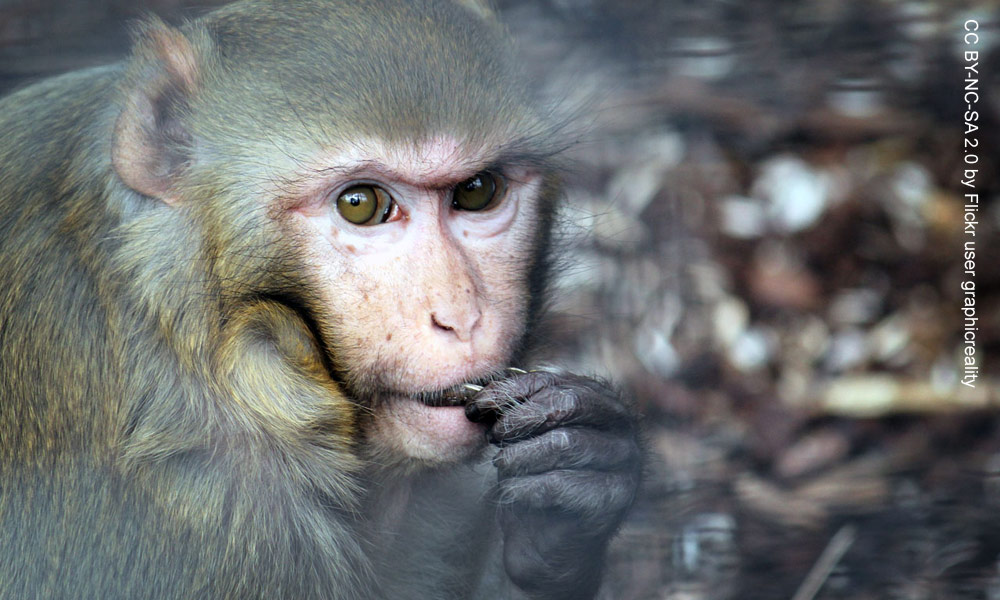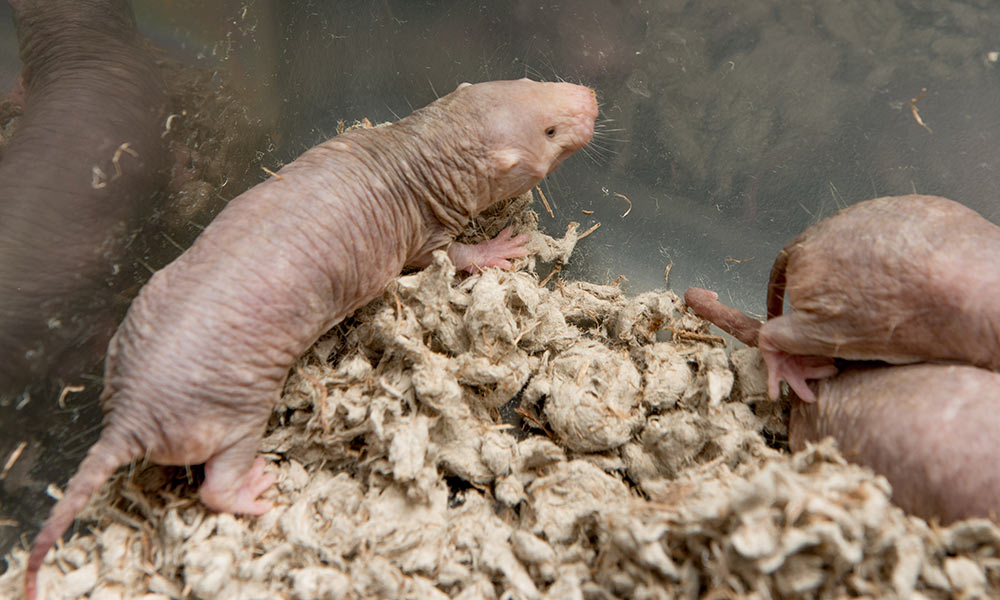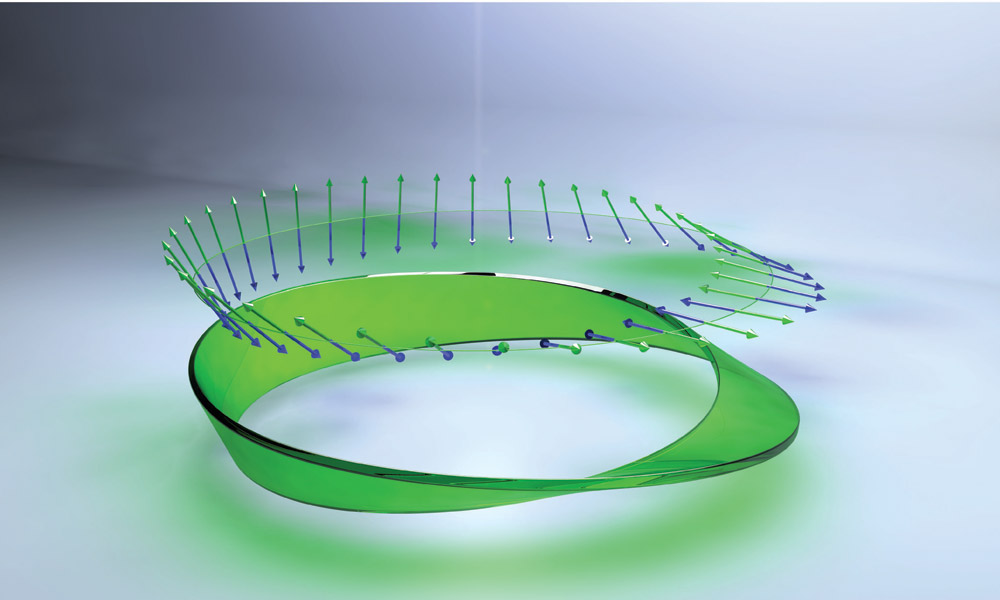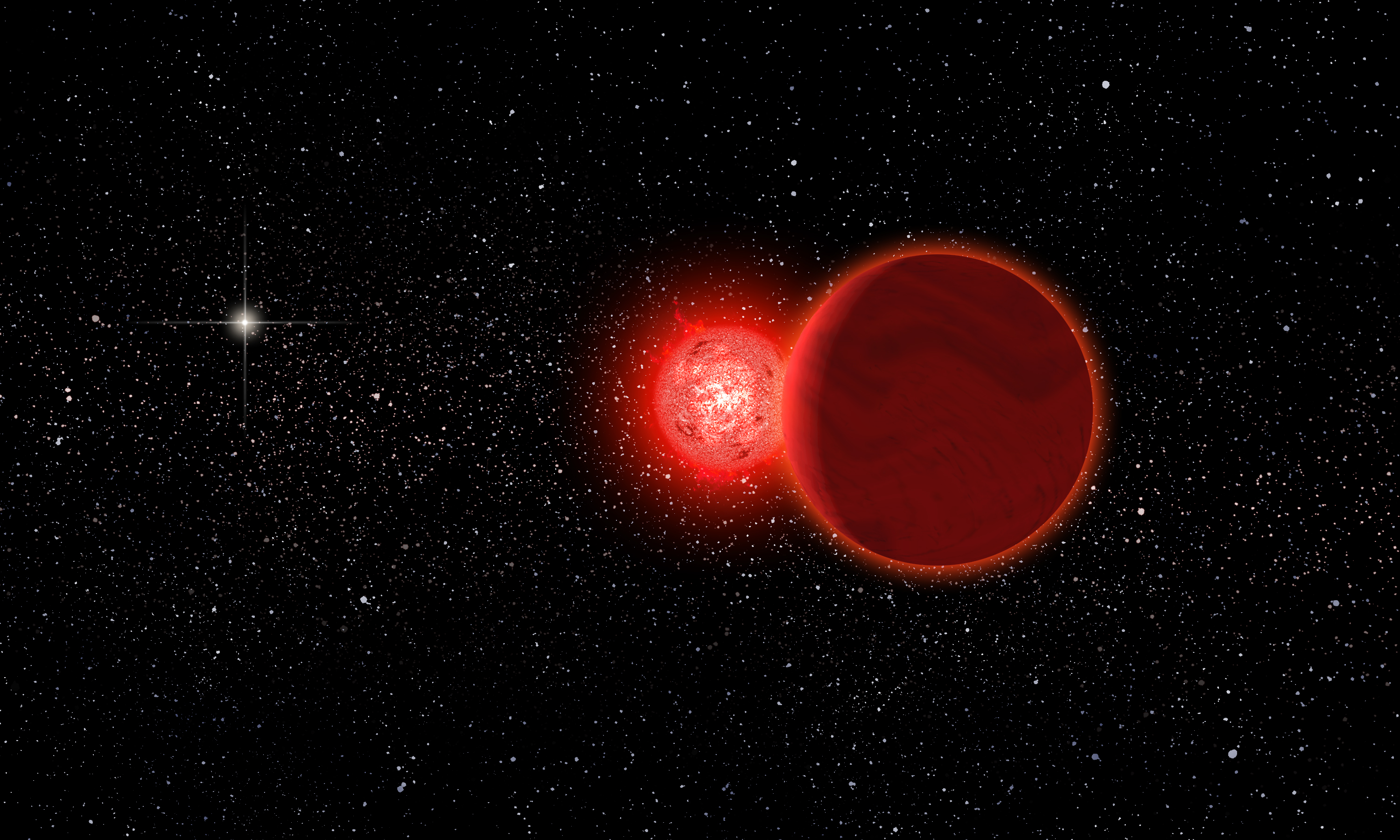
Science & Technology
A close call of 0.8 light years
February 16, 2015
A recently discovered dim star likely passed some 70,000 years ago through our solar system’s distant cloud of comets known as the Oort Cloud. No other star is known to have ever approached our solar system this closely.

